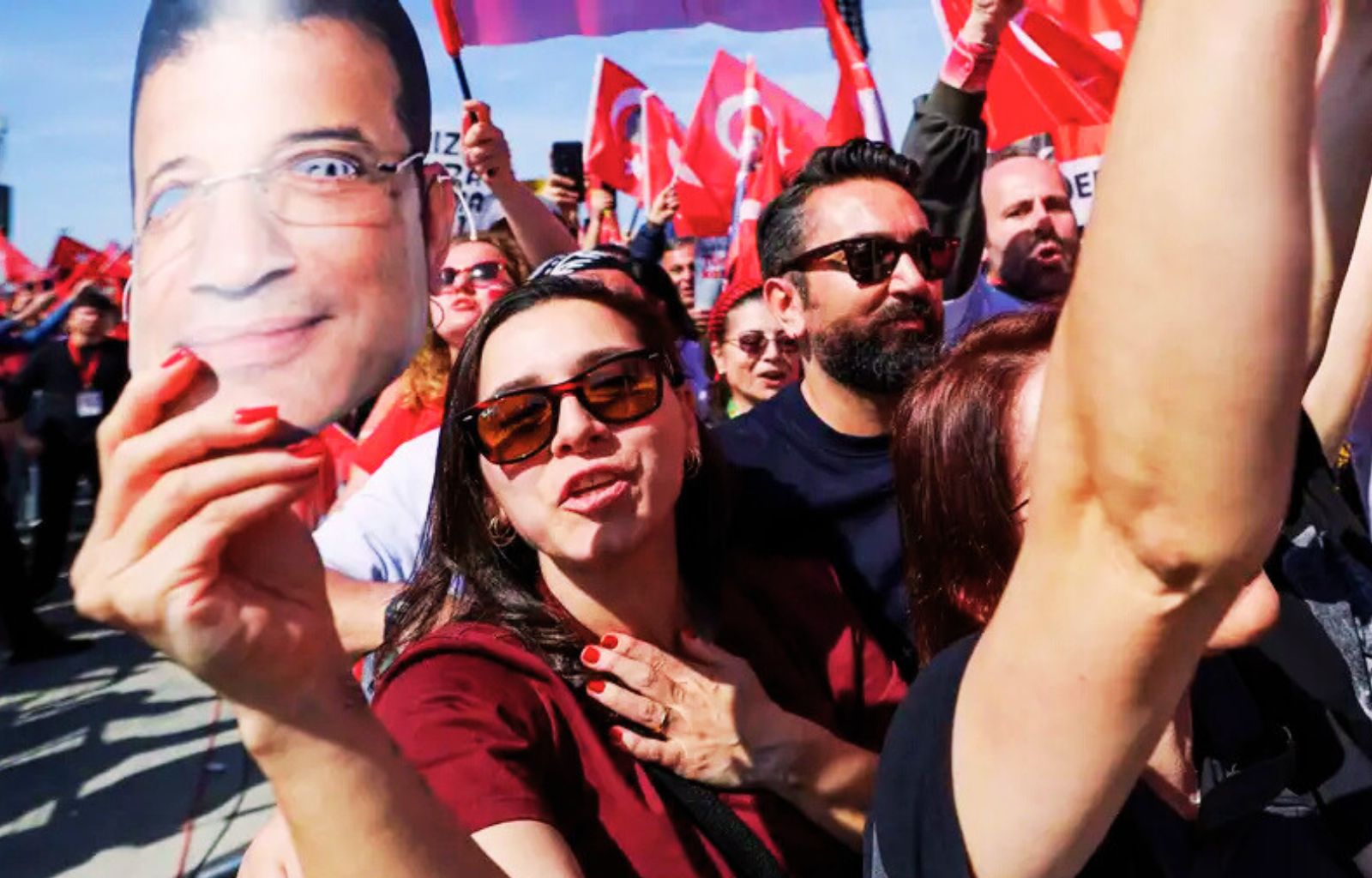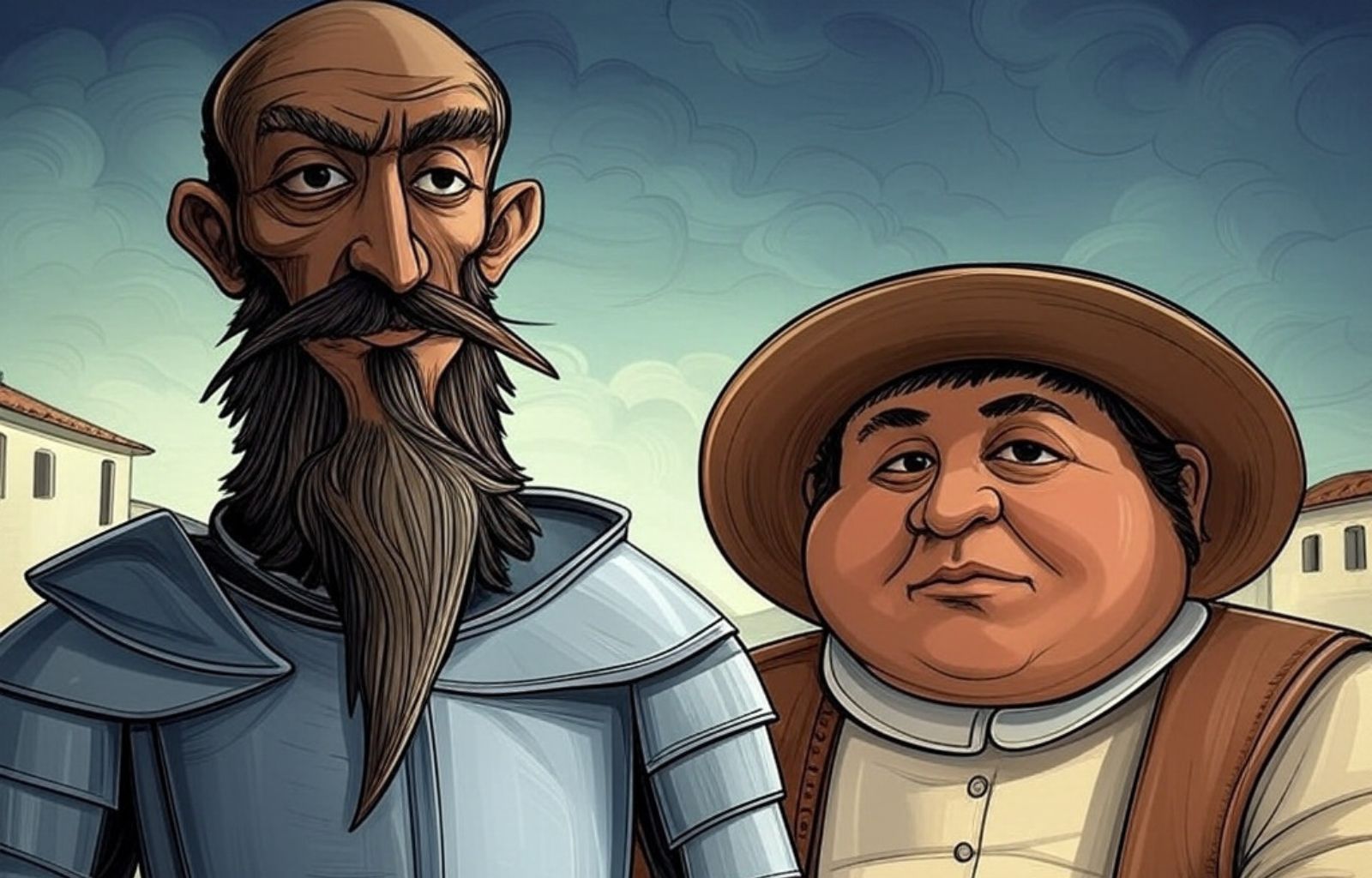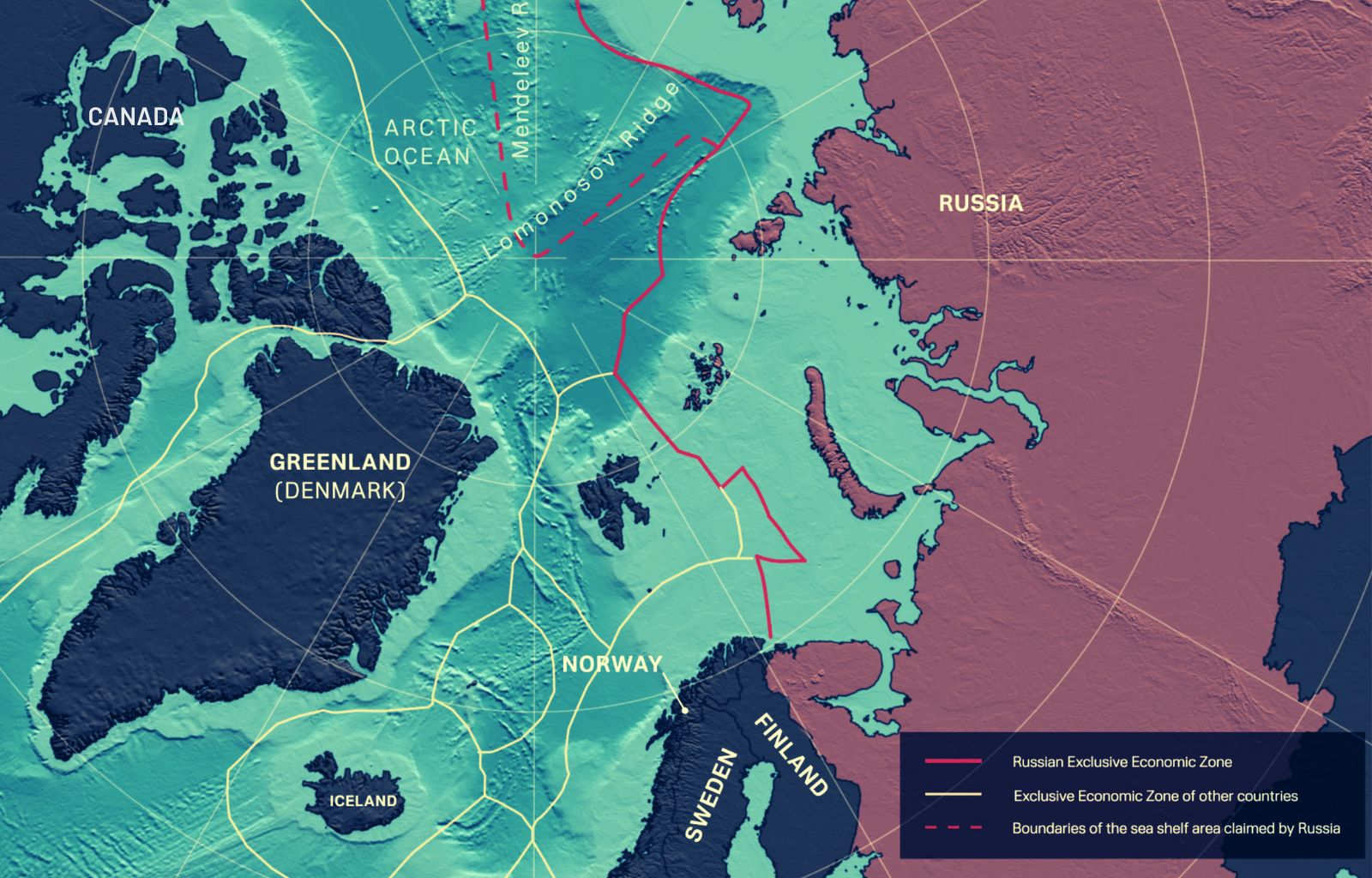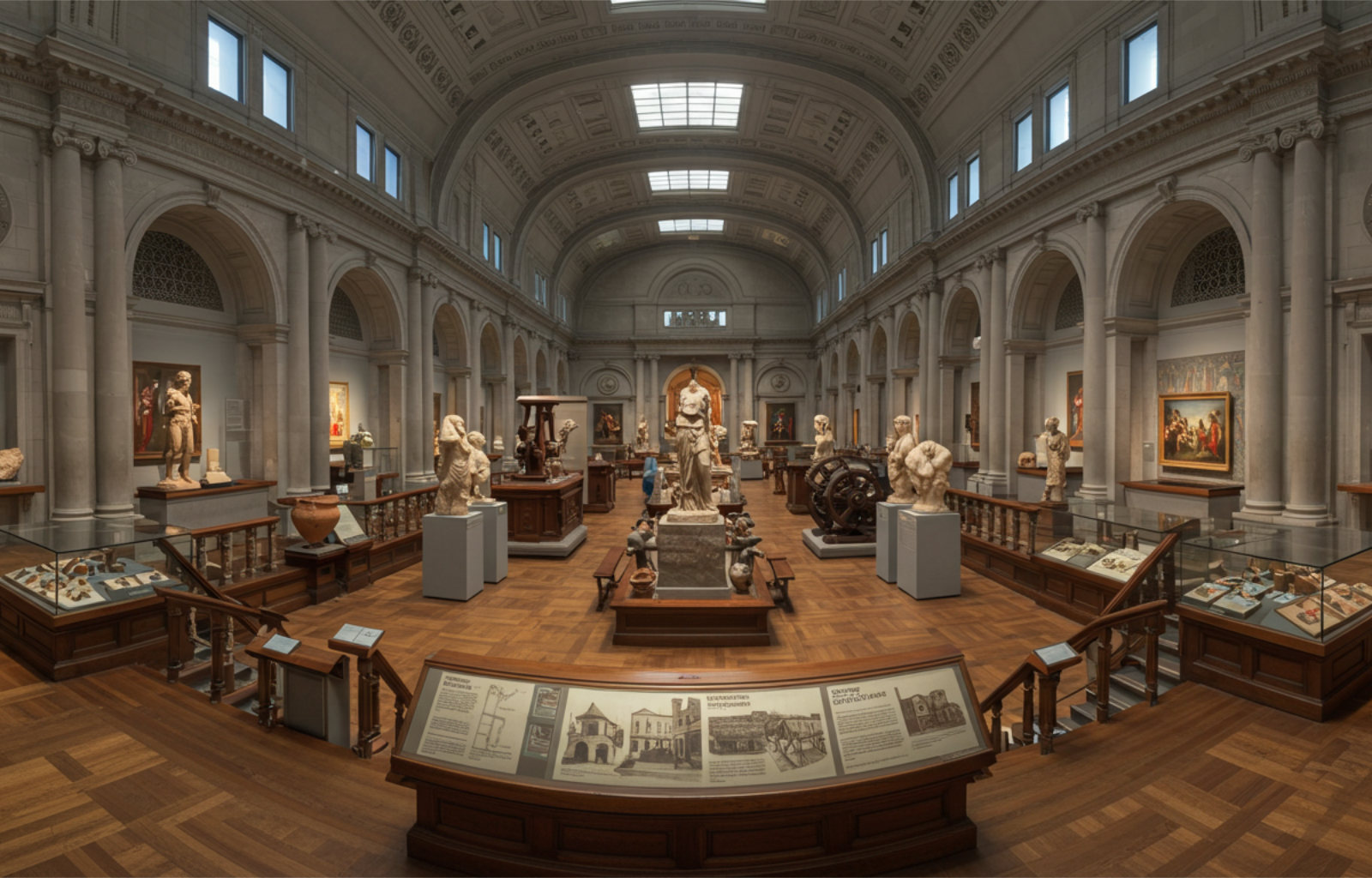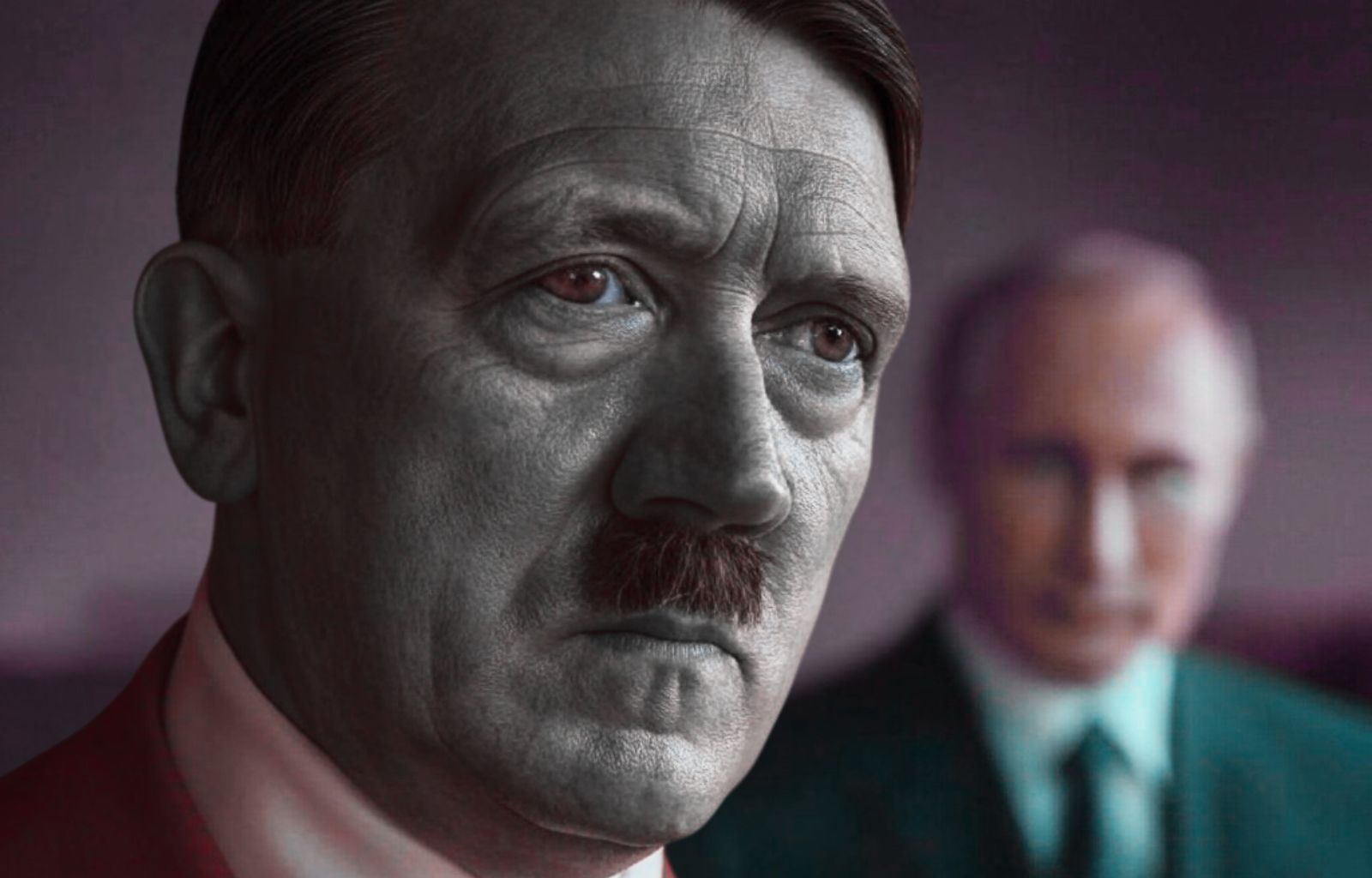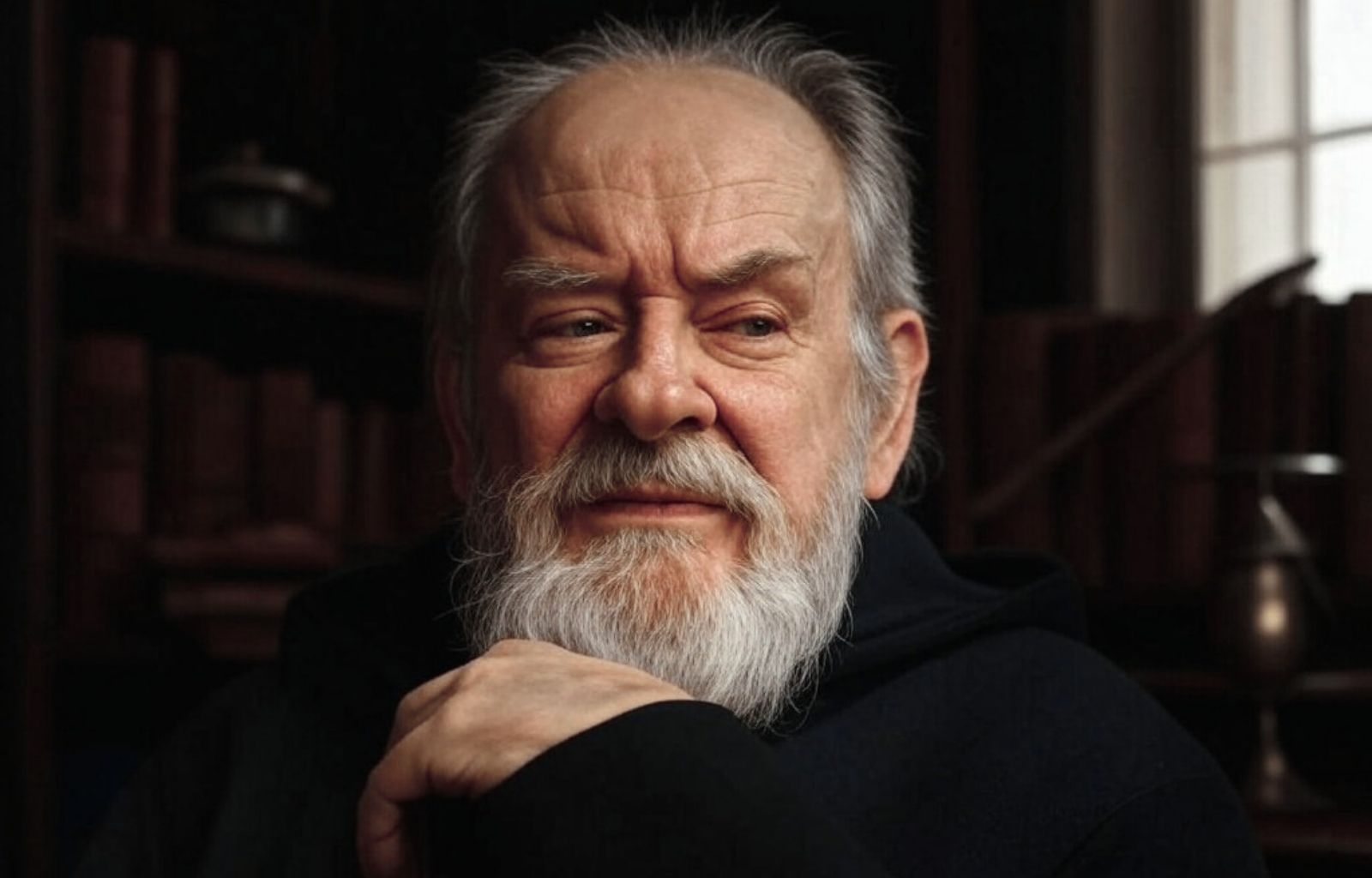Garibaldi, a Europeanist forerunner of modernity
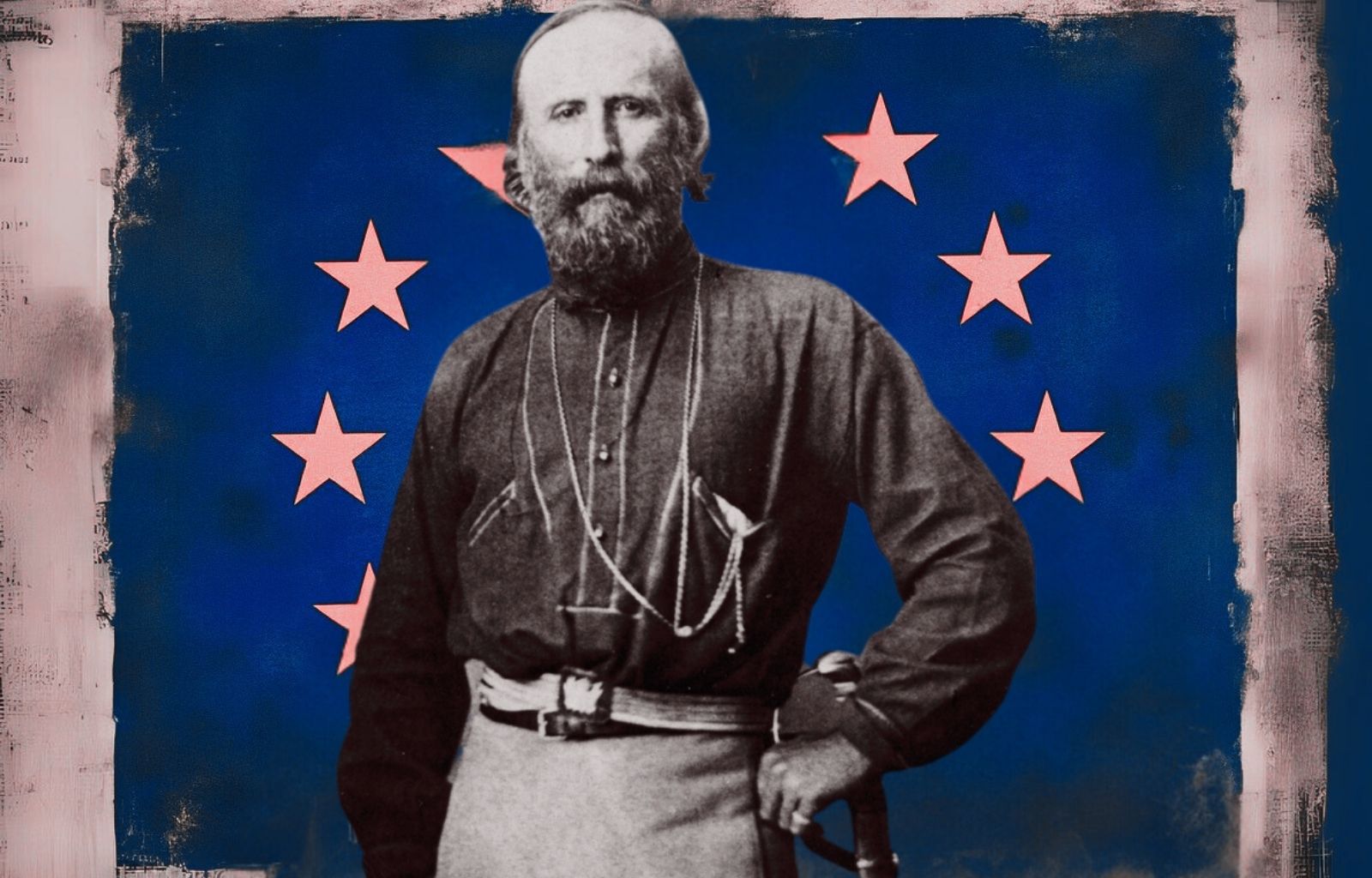
Giuseppe Garibaldi, one of the most famous protagonists of the Italian Risorgimento, is often remembered for his heroic deeds that led to the unification of Italy. However, his political vision and commitment was not limited to the Italian peninsula. Garibaldi was a true pro-European, driven by an ideal of unity and solidarity that went beyond national borders and influenced the European politics of his time.
Garibaldi’s European context
Garibaldi was born in 1807, at a time of great turmoil in Europe. The continent was shaken by the Napoleonic wars, followed by the Congress of Vienna (1815), which had restored monarchical order in most of Europe. However, liberation and national revival movements did not take long to emerge, with the aspiration to overcome feudal and absolutist divisions to create modern and democratic nations. In this scenario, Garibaldi inserted himself as a fervent supporter of the republican cause and the liberation of oppressed peoples, conceiving freedom not as an isolated national conquest, but as part of a European design of political and social renewal.
Garibaldi’s battles in Europe
Even before becoming the hero who unified Italy, Garibaldi distinguished himself as a fighter in other parts of Europe, showing a strong inclination for democratic and independence causes from a young age.
In 1834 Garibaldi participated in the attempted insurrection in Piedmont, which, although it failed, marked his entry into the European revolutionary movement. His exile in South America was not just an escape, but a training phase that led him to take part in several wars of independence, first in Brazil and then in Uruguay, where he fought alongside the democrats against the imperialist forces. His experiences on American soil shaped him as a military leader, but above all, as a staunch supporter of the self-determination of peoples.
In 1848, the year of the great European revolutions, Garibaldi returned to Europe to participate in the events that shook old Europe. In France, he fought alongside the republicans against the monarchical restoration, while in Italy he participated in the defence of the Roman Republic, which was attempting to oppose the papal invasion and the monarchical forces. In all his actions, Garibaldi did not just fight for the independence and freedom of his home country, but for an idea of a united, republican and democratic, obviously secular Europe.

The idea of a united, republican Europe
Garibaldi conceived the idea of a Europe not as a sum of separate nation states, but as a community of peoples bound together by common values of freedom, democracy and social justice. His participation in the cause of the Roman Republic in 1849 was not just a defence of Rome, but a symbolic battle for a Europe that rejected monarchies and embraced a republican system. Garibaldi, in fact, saw the realisation of the Republic as the first step towards a more equal, united and progressive Europe.
In 1859, during the Second War of Italian Independence, Garibaldi did not only fight for the unity of Italy, but also sought alliances with democrats throughout Europe. With his intervention alongside French troops against Austria, Garibaldi once again demonstrated his international vision, seeing Italy as part of a continental liberation project. His dream of a democratic and republican Europe extended far beyond the Italian borders, encompassing the whole of Mediterranean and Central Europe, in a union of peoples against absolutist monarchies.
Garibaldi and European solidarity
Throughout his life, Garibaldi established solidarity relations with various European movements and leaders, always seeking to strengthen the link between the different liberation struggles. He was a point of reference for democrats and republicans throughout Europe, including the Mazzinian movement in Italy. His commitment to the European cause also extended to his condemnation of imperialist and colonial conflicts, which he saw as manifestations of injustice and oppression. Garibaldi himself openly opposed the Franco-Prussian war of 1870, not seeing it as a cause of progress for the peoples of Europe.
Europeanist Garibaldi in the 19th century and in the 21st
Garibaldi died in 1882, but his legacy of Europeanism did not fade. His ideals found new life in the progressive movements of the 20th century, which saw in him not only an Italian national hero, but a symbol of resistance against oppression and of the struggle for a Europe of free peoples. The idea of a united Europe, which later found its formal expression with the creation of theEuropean Union after World War II, has its roots in Garibaldi’s vision of a federation of republics and nations that could live in peace and solidarity.
Giuseppe Garibaldi was an ante litteram Europeanist, whose thought and actions transcended the concept of narrow nationalism and projected towards an ideal of continental liberation. It would not be difficult to see him today, not in arms, ideally at the side of the democratic independence instances of those European peoples who, strong in their own history and culture, aspire to a strong autonomy, to a state independence firmly and federally anchored to the European project in which they want to feel protagonists and of which, in some cases, they were even precursors. The Europe that Garibaldi imagined was a Europe united by the struggle for freedom, social justice and the dignity of peoples, a republican Europe that rejected tyrannies and embraced the principles of equality and fraternity.
Although his vision was never realised in its ideal form, his figure remains a powerful symbol for those who still believe in a Europe based on solidarity, democracy and justice.

